Publications
Articles, publications, books, tools and multimedia features from the U.S. Institute of Peace provide the latest news, analysis, research findings, practitioner guides and reports, all related to the conflict zones and issues that are at the center of the Institute’s work to prevent and reduce violent conflict.
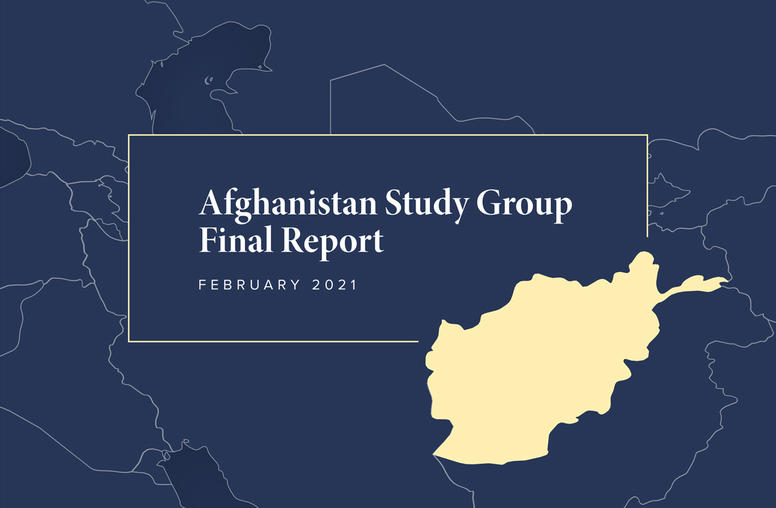
Afghanistan Study Group Final Report: A Pathway for Peace in Afghanistan
In December 2019, Congress established the Afghanistan Study Group and tasked it with identifying policy recommendations that “consider the implications of a peace settlement, or the failure to reach a settlement, on U.S. policy, resources, and commitments in Afghanistan.” The Study Group’s report, released on February 3, 2021, concluded that there is a real opportunity to align U.S. policies, actions, and messaging behind achieving a durable peace settlement to end four decades of violent conflict in Afghanistan. This new approach would...
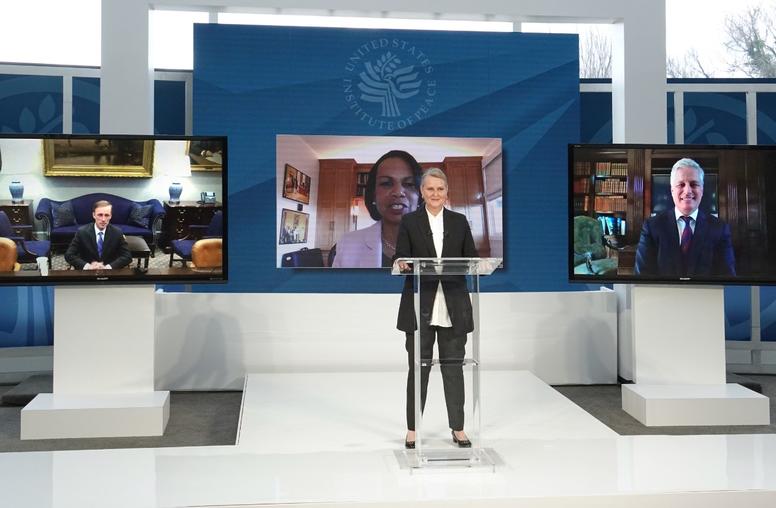
At a Time of Tests, Security Advisors Discuss Threats to U.S. and Global Security
The national security advisors to Presidents Biden and Trump discussed the main security threats and challenges to the United States, including China, Russia and Iran. In the shadow of a turbulent transition, National Security Advisor Jake Sullivan and his predecessor, Ambassador Robert O’Brien, spoke together in a rare policy dialogue between officials of the Biden and Trump administrations.
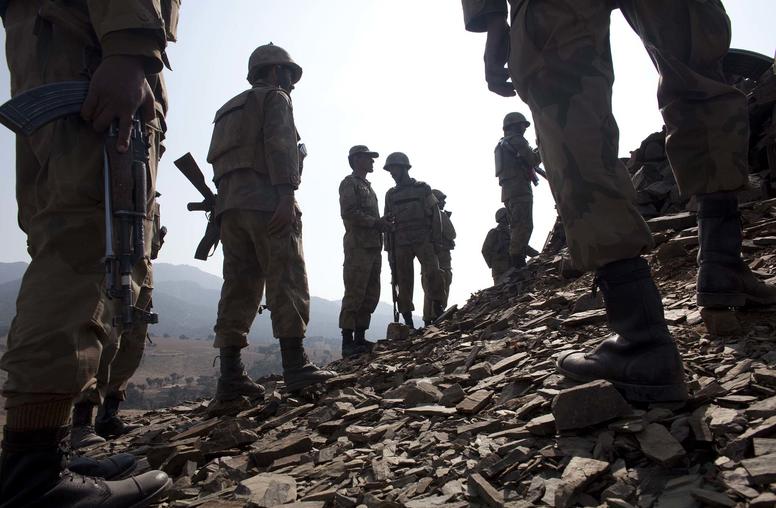
Biden and Washington’s Perennial Pakistan Problem
Among the many challenges facing the Biden administration will be addressing the infamously dysfunctional U.S.-Pakistan relationship. Anyone familiar with how Islamabad and Washington have interacted over the last 74 years will resort to tired metaphors: a roller-coaster ride, a sine wave, the dynamic between an overbearing mother-in-law and her daughter-in-law. These clichés reflect the reality that the relationship has rarely been stable and usually is either declining precipitously or accelerating unsustainably. The challenge for the new administration will be to find a way to work productively with Pakistan without oscillating between peaks of enthusiasm and depths of cynicism.

German Reunification: ‘It Was Nothing Short of a Miracle’
A little over 30 years ago, the fall of the Berlin Wall and the subsequent reunification of Germany were far from certain. It took visionary and courageous leaders—and a healthy dose of trust between them—to navigate what was a tumultuous period in history.
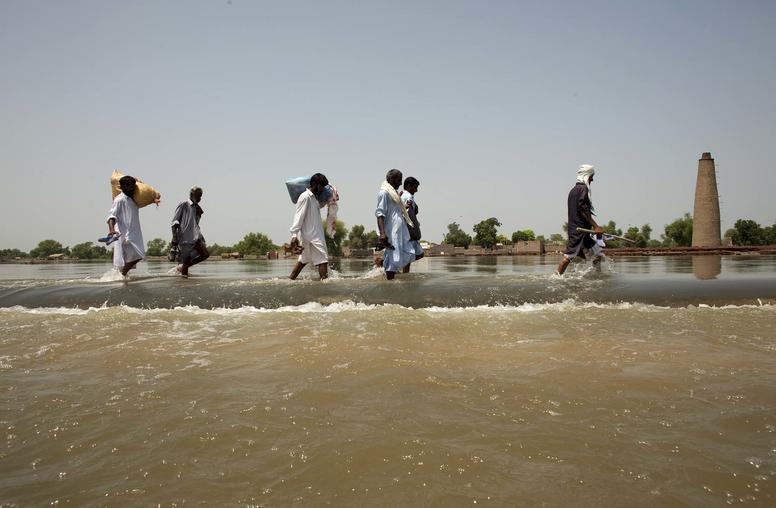
Could Water be a Flashpoint for Conflict in Pakistan?
Water has now become a commodity in many parts of the world. This is a problem in and of itself, as water is essential for every living thing. However, instead of being equally and fairly available to all, water mafias have emerged around the world and put a stranglehold on this essential resource. In Pakistan, this is most starkly seen in urban centers; however, rural areas have also been affected. Urban or rural, the most impoverished sectors of society are the ones most negatively impacted by water’s commoditization. This situation is ripe for conflict, especially in places where poor governance and rule of law are endemic.
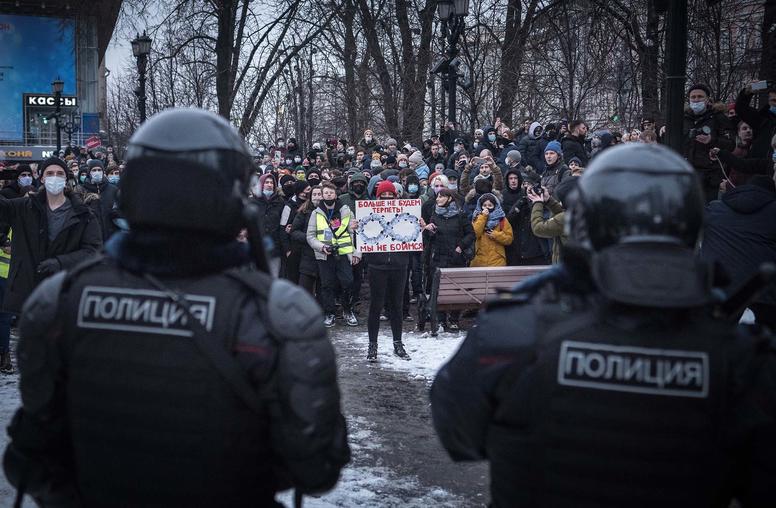
From Navalny to the Economy, Russia Protests Reveal Mass Dissatisfaction
Russia was rocked by demonstrations over the weekend, as thousands braved freezing temperatures to protest the detention of dissident Alexei Navalny. The opposition leader had just returned to Russia after recovering from a poisoning attack, suspected to undertaken by the Kremlin. But Russians’ grievances go well beyond the treatment of Navalny. Corruption, a foundering economy, and dissatisfaction with the ruling elite threaten to propel the protests into a broader movement against President Vladimir Putin’s regime. The Kremlin has alleged that the protests are a Western plot to destabilize Russia. USIP’s Donald Jensen looks at the underlying factors driving the protests, what threat they pose to Putin’s regime, and what, if any, role the United States can play.

North Korea Poses Old Challenges to New U.S. Administration
Just a week before President Biden was inaugurated, North Korea provided a reminder that it would continue to pose challenges to Washington—but left the door open for renewed engagement. During Pyongyang’s eighth Party Congress, North Korean leader Kim Jong Un was surprisingly candid about his country’s economic struggles. He also followed a familiar refrain, emphasizing the importance of strengthening North Korea’s military capabilities and calling Washington enemy number one. The Biden administration will come into office facing the same situation with North Korea that has bedeviled Washington for decades.
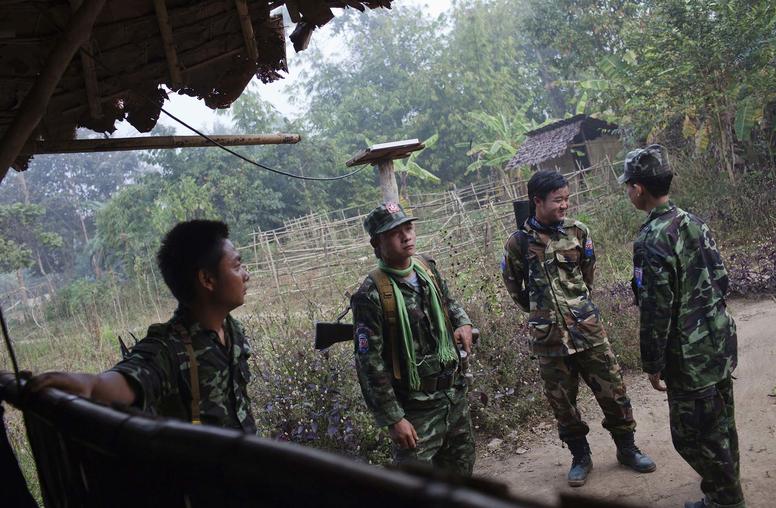
Myanmar: Army Moves Against Chinese Crime Groups in Autonomous Zones
Myanmar authorities, alarmed by the surging growth of autonomous zones where criminal interests operate under the protection of domestic militias, are moving to curb the influence of Chinese transnational crime groups in those areas and impose the rule of law.
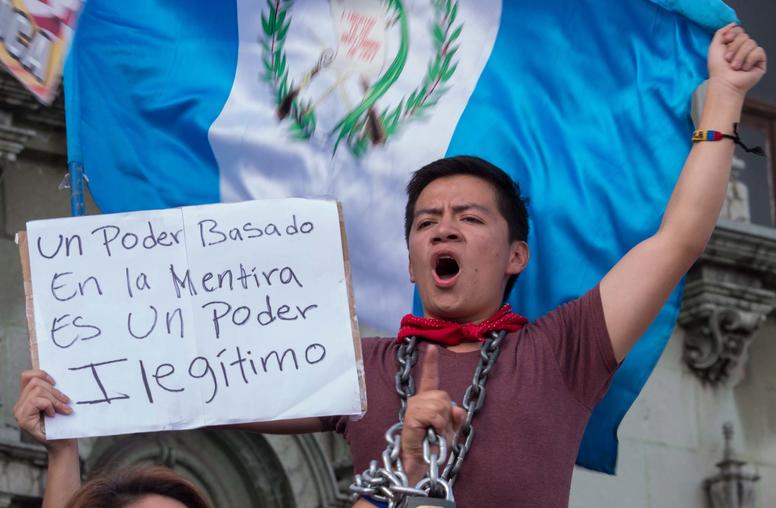
What Guatemala’s Anti-Corruption Movement Can Learn from the Past
Guatemalans have once again risen up by the thousands to demand major changes in how their country is governed. Their demands are intended to usher in reforms that will improve quality of life for citizens reeling from the impacts of two deadly hurricanes, as well as health and economic crises that have only been exacerbated by the COVID-19 pandemic. The demonstrations are reminiscent of the 2015 protests that prompted the resignations of top officials, including the country’s president. However, that movement fell short of broader, structural change. This time around, protesters can draw on lessons learned from the past to achieve long-term reform and target Guatemala’s persistent systems of corruption.
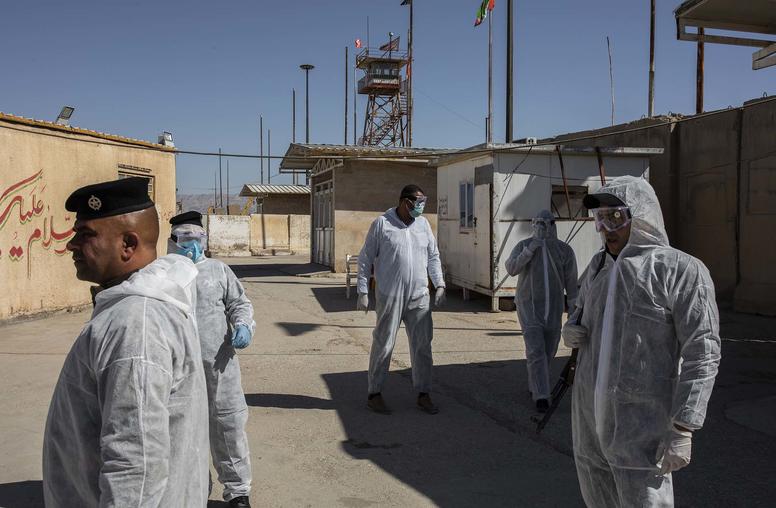
International aid prioritizes the pandemic over peace. But at what cost?
With the novel coronavirus emerging in late 2019, the attention of Western governments and international NGOs was dominated by the COVID pandemic in 2020, upending everything from domestic policies to international assistance priorities. The Devex funding database reveals more than $20.5 trillion has been committed to the global COVID-19 response from January to November 2020, with around $186 million for the Middle East and North Africa (MENA) region. Does this prioritization of COVID align with challenges facing the people of the region? Conversations with local peacebuilders expose that although the COVID cases might increase in 2021, pressing socioeconomic needs continue to trump concerns about the pandemic.